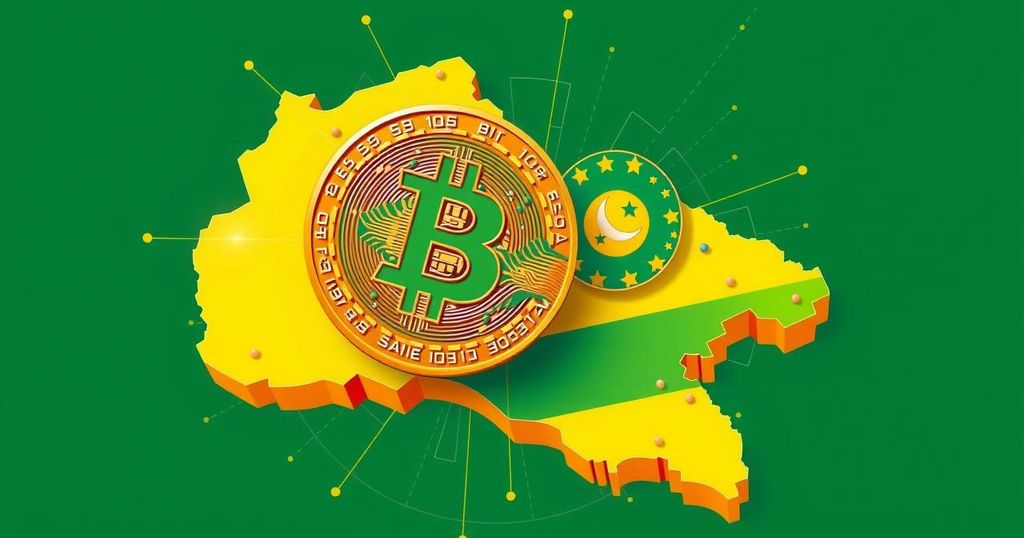Paraguay Warns of Irregular Activity After Claim Bitcoin Is Legal Tender
Paraguay’s President Peña’s office denied a social media claim stating Bitcoin would be made legal tender. An initial post from his personal account announced the move and a BTC reserve. The presidential office later urged the public to ignore unofficial sources and stick to verified information. This follows wider regional discussions on Bitcoin adoption.
Paraguayan President Santiago Peña’s office has recently cautioned the public about a misleading social media post claiming that Bitcoin (BTC) would be recognised as legal tender in the country. On Monday, the official account tweeted urging followers to disregard any unverified information from unofficial sources, reigniting concerns over the validity of announcements made on platforms like X.
The confusion stemmed from a post on Peña’s personal account just minutes earlier. In that post, he stated that Paraguay was set to recognise Bitcoin as legal tender and had established a BTC reserve worth $5 million, even providing a wallet address for potential investors to “secure [their] stake”. This proclamation has raised eyebrows, given the lack of formal announcement from his office at that point.
As of now, both posts from President Peña’s accounts remain live on X, despite the immediate response from the presidential office clarifying the situation. They are currently collaborating with the social media platform to address the misinformation, urging the public to rely solely on official communications moving forward.
This development comes at a time when several countries in Central and South America are reportedly contemplating the adoption of Bitcoin as a reserve asset, inspired by El Salvador. The Central American nation began recognising cryptocurrency as legal tender in 2021 under President Nayib Bukele, but its status has faced scrutiny following an agreement with the International Monetary Fund in late 2024, which left its legal standing in a murky spot.




Post Comment